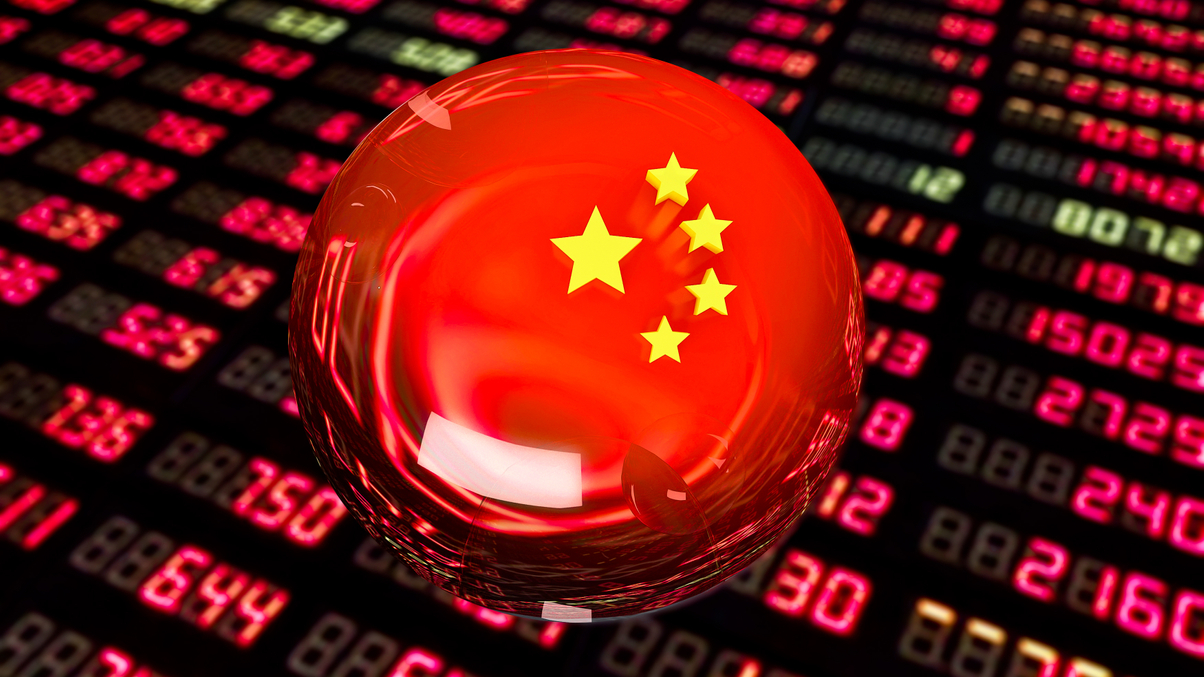China A-shares to draw stronger interests from institutional investors

The A-share market will become more appealing to international investors after Covid-19 despite the recent market volatility and short-term risks induced by government policies.
“The pandemic has brought structural changes to the China economy but has not shaken the fundamentals of the onshore equity market. Capital inflows into the market are expected to increase over time”, a spokesman Bosera Asset Management said.
The economic structure of China will become more balanced after the pandemic. The roles that the export and property sectors play in supporting the economy will not be as significant as before, whereas sectors like domestic consumption and manufacturing are growing steadily.
Covid-19 has accelerated some of the ongoing industry trends in the world’s second-largest economy, including technology development, new infrastructure, digitalisation, transformation to an import-led economy and others.
Bosera encourages more international investors to increase their allocations to A-shares, a comment echoed by investment consultancy firm Willis Towers Watson (WTW).
A standalone equity allocation to China can offer compelling diversification and potential excess return benefits for those taking advantage of this exciting opportunity set, while accessing China via global or emerging market strategies may dilute the alpha potential and rising US-China tensions and de-globalisation are wrong reasons to avoid China A, according to two WTW reports released last year.
Despite the scale and breadth of the China equity market, which is the second largest by market capitalisation, China is underrepresented in most global investment portfolios. For instance, the country accounts for just 5% of the MSCI All Country World Index, while it would take up about 20% of global indices as of today on a full market capitalisation, one of the reports shows.
POLICY-LED DEVELOPMENT
Another major reason to invest into the A-share market is that regulatory policies are in place to raise the likelihood of long-term gain, despite the short-term pain.
Regulators aim to crack down on companies that disrupt market orders and engage in speculative activities. The rules can also help to direct market participants’ attention to important investment considerations, such as companies’ financial fundamentals, business continuity and corporate governance.
Chinese authorities are also strengthening oversight on home price, shadow banking and pension funds’ asset allocation needs. This will further enhance the long-term investment value of the China equity market, according to Bosera.
In fact, from tech giants to educational players, authorities have recently extended their regulatory mandates to major industries across the spectrum. This trend is not expected to fade anytime soon, and sectors such as healthcare, property, and online entertainment might see further scrutiny this year.
But Bosera believed the latest policies should be viewed as important steps taken to achieve higher levels of economic development, instead of measures that hamper economic growth.
“Investors should stay alert and be mindful of their stock holdings for industries that are under the regulatory radar, but at the same time, they can be more optimistic about the long-term performance of the market”, the spokesman said.
DESIRABLE QUALITIES
International investors who lack the experience to invest directly in the A-share market can choose to gain exposure to the market through passive mandates or exchange-traded funds (ETFs), while Chinese companies listed in Hong Kong also provide easy access.
For those who want to navigate the market directly, they are encouraged to partner up with experienced local asset managers.
An institutional asset manager should have solid experience in asset management, particularly in managing China A shares as an asset class. It should also have decent and steady organic growth in AUM, expertise in the China market and thorough understanding of how the market operates.
In the selection process, asset owners will also want to see that its research team is well-resourced and have robust investment and risk management processes. A proven performance track record is desirable, while the remuneration and fee structure should be transparent.
As environmental, social and governance (ESG) investing is gaining importance, top-tier asset managers should also have a sound sustainable investment philosophy and a disciplined investment process. An established ESG framework with the capability to continuously enhance the process will make a fund house stand out.
External asset managers should also be able to truly understand the expectations and restrictions of asset owners’ stakeholders, and also cater for the asset owners’ investment, operational and servicing requirements.
About Bosera Asset Management
Headquartered in Shenzhen, Bosera had $272.82 billion of assets under management as of June 21. It was among the first batch of asset managers who obtained regulatory approval to establish themselves in mainland China in 1998. Bosera has become a signatory of the United Nations Principles for Responsible Investment (PRI) in 2018. It scored the highest rating A+ in the 2020 PRI assessment for “Strategy & Governance”.



